AI In Digital Marketing: How AI Can Revolutionize Content Creation and Improve Monetization for Digital Marketing 2025
Artificial Intelligence (AI) has rapidly become an indispensable tool in digital marketing, especially for content creation. From automating processes to enhancing creativity, AI offers substantial benefits that can drive monetization and profits for businesses. By leveraging AI-driven strategies, digital marketers can unlock new ways to engage their audience, optimize their content, and scale their marketing efforts. Here’s a closer look at how AI in Digital Marketing can help improve content creation and boost revenue in the AI digital marketing space.
1. AI-Driven Content Creation: Automating Creativity
One of the primary ways AI enhances digital marketing is through its ability to assist with content creation. Traditional content development can be time-consuming and resource-intensive, but AI tools can automate much of the process. For example, AI-powered writing assistants can generate blog posts, product descriptions, and social media content based on input keywords and topics. This reduces the workload of content creators, enabling them to focus on higher-level tasks like strategy and optimization.
AI in digital marketing can also help with content personalization, tailoring messages to specific audience segments. By analyzing user behavior and preferences, AI can automatically generate content that resonates with individual consumers, leading to higher engagement and conversion rates. Personalized content is more likely to grab the attention of potential customers and nurture stronger relationships with existing ones.
2. Improved Audience Insights and Targeting
AI technologies like machine learning and predictive analytics allow marketers to gain deeper insights into their audience’s behaviors and preferences. By analyzing large volumes of data, AI can identify trends and predict what type of content will resonate most with specific demographics. This data-driven approach enables marketers to create highly targeted campaigns that increase the likelihood of engagement and conversions.
AI-powered tools can segment audiences more accurately, ensuring that content is delivered to the right people at the right time. For instance, AI can help brands target users based on their previous interactions, geographic location, browsing behavior, and even emotional responses to content. This level of precision ensures that marketing efforts are focused on high-value prospects, ultimately improving ROI.
3. Enhancing SEO for Better Visibility
AI plays a critical role in improving SEO strategies, which are crucial for content visibility and discoverability. AI algorithms can optimize content for search engines by suggesting the best keywords, analyzing competition, and predicting which topics are most likely to trend. With AI, marketers can quickly assess what keywords are performing well and adjust their content strategy to capitalize on these insights.
AI can also improve the technical aspects of SEO, such as website load times, mobile-friendliness, and internal linking strategies. These optimizations contribute to better search engine rankings, making content more accessible to potential customers. The ability to rank higher in search results directly impacts visibility, leading to increased organic traffic and ultimately driving revenue growth.
4. Maximizing Monetization Through AI-Enhanced Ad Campaigns
AI can significantly improve the efficiency of paid advertising campaigns, which are a crucial component of digital marketing monetization. By using AI tools to manage ads, marketers can ensure that their campaigns are optimized for the best performance. AI algorithms can test multiple variations of ads, monitor real-time performance, and adjust bids to maximize ROI.
Furthermore, AI can identify high-performing channels and user segments, allowing for more efficient budget allocation. This ensures that ad spend is directed toward the most profitable channels, increasing the chances of converting leads into customers. Additionally, AI can predict the future value of leads, helping businesses prioritize high-value prospects and increase the chances of generating repeat sales.
5. AI-Driven Visual Content and Design
Beyond written content, AI is also revolutionizing the way visual content is created and optimized. Tools powered by AI can design logos, social media posts, and even entire websites based on user input, streamlining the creative process. AI-driven design tools can analyze what types of visuals resonate most with target audiences, helping businesses create aesthetically pleasing and engaging content.
Moreover, AI can assist in short video production content creation, a format that continues to grow in importance for digital marketing. AI can analyze video performance, suggesting edits and adjustments that can increase engagement. Additionally, AI tools can help optimize video titles, tags, and descriptions, ensuring that the content is discoverable and reaches its target audience effectively.
6. AI for Real-Time Analytics and Campaign Optimization
AI’s ability to process and analyze vast amounts of data in real-time allows digital marketers to optimize their campaigns on the fly. By monitoring key performance metrics, AI can identify underperforming content or ad campaigns and suggest improvements. This ability to make data-driven adjustments in real time analytics ensures that marketing efforts are always aligned with business objectives, resulting in better performance and higher profits.
Conclusion: The Future of AI in Digital Marketing
AI is reshaping digital marketing by enhancing content creation, improving targeting, optimizing SEO, and maximizing monetization efforts. As AI tools continue to evolve, digital marketers can expect even more powerful features that streamline processes and boost profitability. By integrating AI into their digital marketing strategies, businesses can stay ahead of the competition and unlock new growth opportunities in 2025 and beyond.
Incorporating AI in digital marketing and AI into content creation processes not only saves time and resources but also leads to more effective and engaging marketing efforts that drive revenue. It’s clear that AI in digital marketing is not just a trend—it’s the future of digital marketing.
